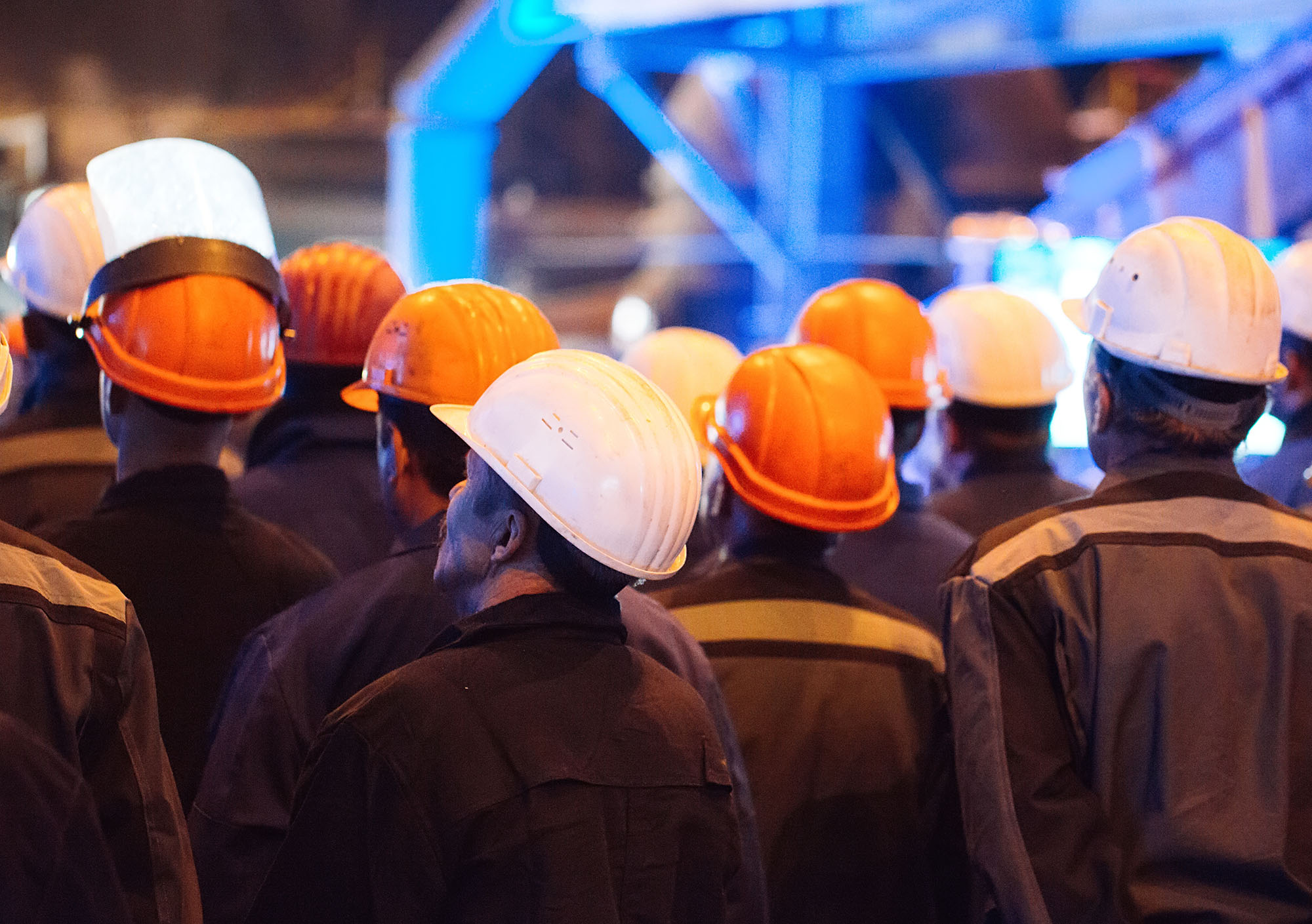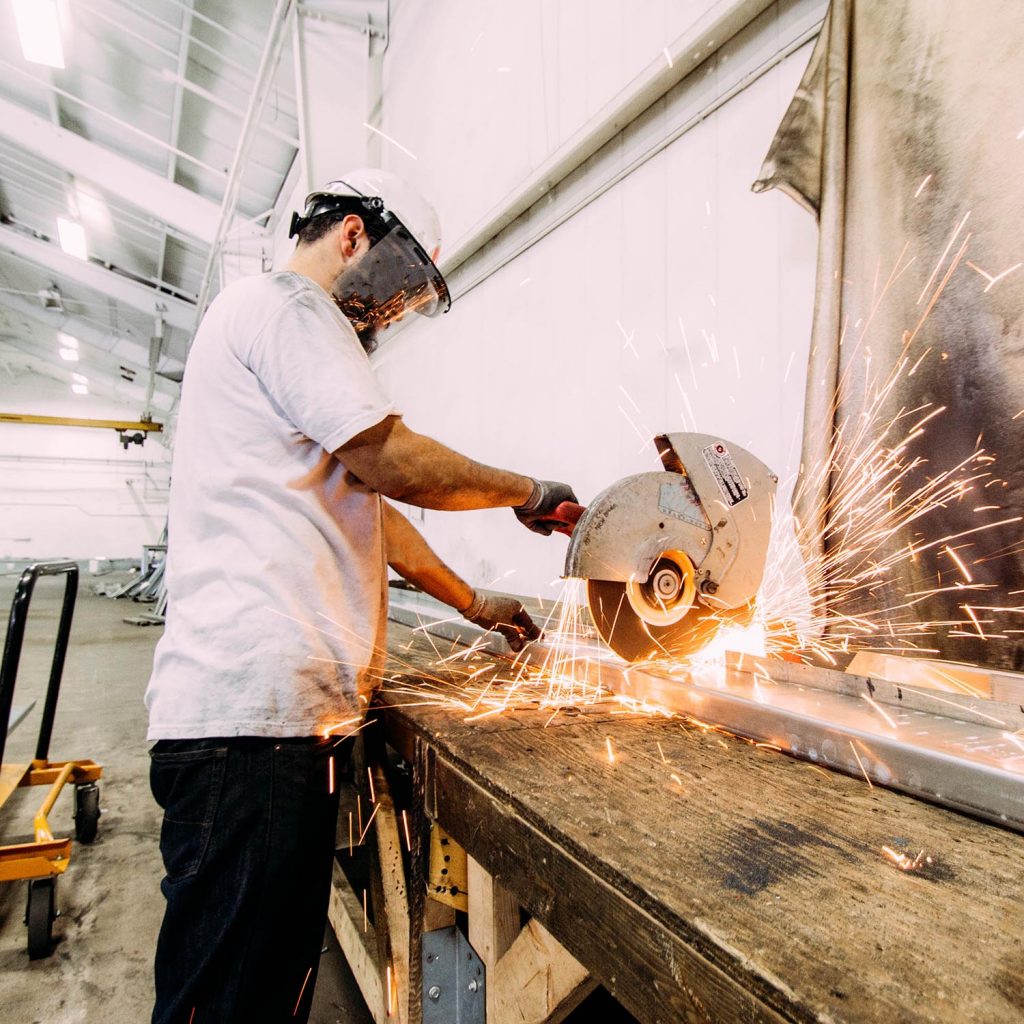Are unionised workplaces better for employee health and safety?
Posted on

One published, peer-reviewed study by Cornell University’s ILR School in America has come to this conclusion. The research by Jooyoung Yang and Aaron Sojourner was conducted by examining tens of thousands of union election results and correlating them with safety inspections resulting from employee complaints. The study concluded that unionised companies were 30% more likely to have inspections for health and safety violations.
Why might companies with a union be better for employee wellbeing?
The theory posited by Sojourner suggests that workers belonging to a trade union are more familiar with their employee rights, as well as knowing how and when to file safety complaints. Unions also offer safeguards against employers fighting back staff grievances, especially if they’ve done so illegally. The greater numbers allow for more meaningful change, and the power to revolt when staff rights are challenged.
Why is it a good idea to let staff raise issues with their work’s health and safety policies?
If we assume innocence on the part of the employer, there can be a lot of blind spots that managerial staff have. Not working “in the fray” as it were means that certain conditions, like degrading or faulty equipment, an insufficient PPE policy or dangerous production processes might go missed by decision-makers. Allowing workers to recognise and raise these potential health and safety flags could save lives and keep employers from potentially expensive lawsuits.

Losing staff to days off with no replacements can dent productivity. There was 28.2 million working days lost last year to workplace personal injury and work-related illness. This can have knock on effects for relationships with clients and the reputation of the company, especially in an age where online reviews are all too important for sales.
Why do employers try to supress or dismiss worker concerns?
New equipment, lots of quality PPE, especially so during the pandemic, and possible workflow interruptions can be expensive and potentially time consuming for companies. Think of how many workplaces in the UK are still running ancient versions of Windows and you’ll see that reluctancy in practice. The difference here, however, is that staff safety is at risk, rather than just a mild inconvenience.
For the sake of cost-saving, it makes some sense for employers to want to skirt around their responsibilities – albeit being a little evil in the process. Larger companies, or at least companies with HR or legal departments mandated to supress potentially costly changes, can make life harder for individual workers to affect meaningful safety measures. Compound that with the threat of dismissal, when a lot of high-risk professions are relatively low-paid or during a recession – staff may really struggle to balance their own safety with their financial stability.
Companies are also very resistant to change, mostly due to the sheer effort and resources required to implement them. Think back to the days where asbestos was outlawed – a lot of organisations would have likely downplayed or discredited research into the lethality of the substance. A lot of manufactures would have stood to lose a lot of money and contractors using asbestos would have had to switch to more costly products. Similar things have happened with cigarettes, lead in petrol, and is currently happening with oil extraction and climate change. It’s naive to think that companies will act altruistically when facing public health crisis, especially when the very nature of their company is under threat.

Unionising lends stronger support to employee safety concerns
Being part of a larger collective with the view to push for employee fairness, in pay and safety, adds more ammunition to an employee complaint. The ability to mass strike against unfair conditions can seriously hurt a company’s bottom line. Educating staff on their rights clearly helps them to understand what legal protections they have, as well as what obligation their employer has to them.
It also adds more credibility to a case if more people are reporting the same issues, rather than one employee taking issue with something that could be considered minor. More voices make the chorus louder, and therefore harder for employers to ignore, especially where publicity is concerned.
However, to combat this, some companies are actively looking to discourage unionising. Some of the largest and most profitable companies in the USA, like Walmart and Amazon are investing in training managerial staff to spot and quash union-like behaviour. Tesla has also been found to be harassing and firing activist workers. Companies that play it very close to the wire with overheads often don’t want to allow for higher wages or better, more costly safety measures out of worry of passing costs across to consumers, and potentially losing them in the process.
What if an employer ignored a health and safety complaint and caused a member of staff an injury, or to become sick?
If an employer, despite knowing better, or not implementing adequate safety measures, has caused staff injury or illness, then they become liable for personal injury compensation, as they are seen to be negligent. This is where a company like ours can help. Our legal professionals can help employees claim compensation against their workplace for experiencing an accident at work or developing an industrial disease.
Obviously, we would prefer to prevent workplace accidents, but should injuries happen for staff we can help afford change by penalising for employer negligence, which should give companies good reason to prevent such incidents happening again.
Contact us if you have experienced employer negligence in your workplace
If the actions, or inaction, of your employer has caused you harm, you are within your rights to seek damages. We can help you claim compensation on a no win, no fee* basis and offer all our guidance free of charge. We’re available on 08082391859^ 24/7 for whenever is suits you. Remember, you have 3 years to file a case for a personal injury, so make sure you don’t miss your chance to claim.
Seriously Poor Working Conditions for Factory Workers in India Supplying Major UK High Street Retailers »


